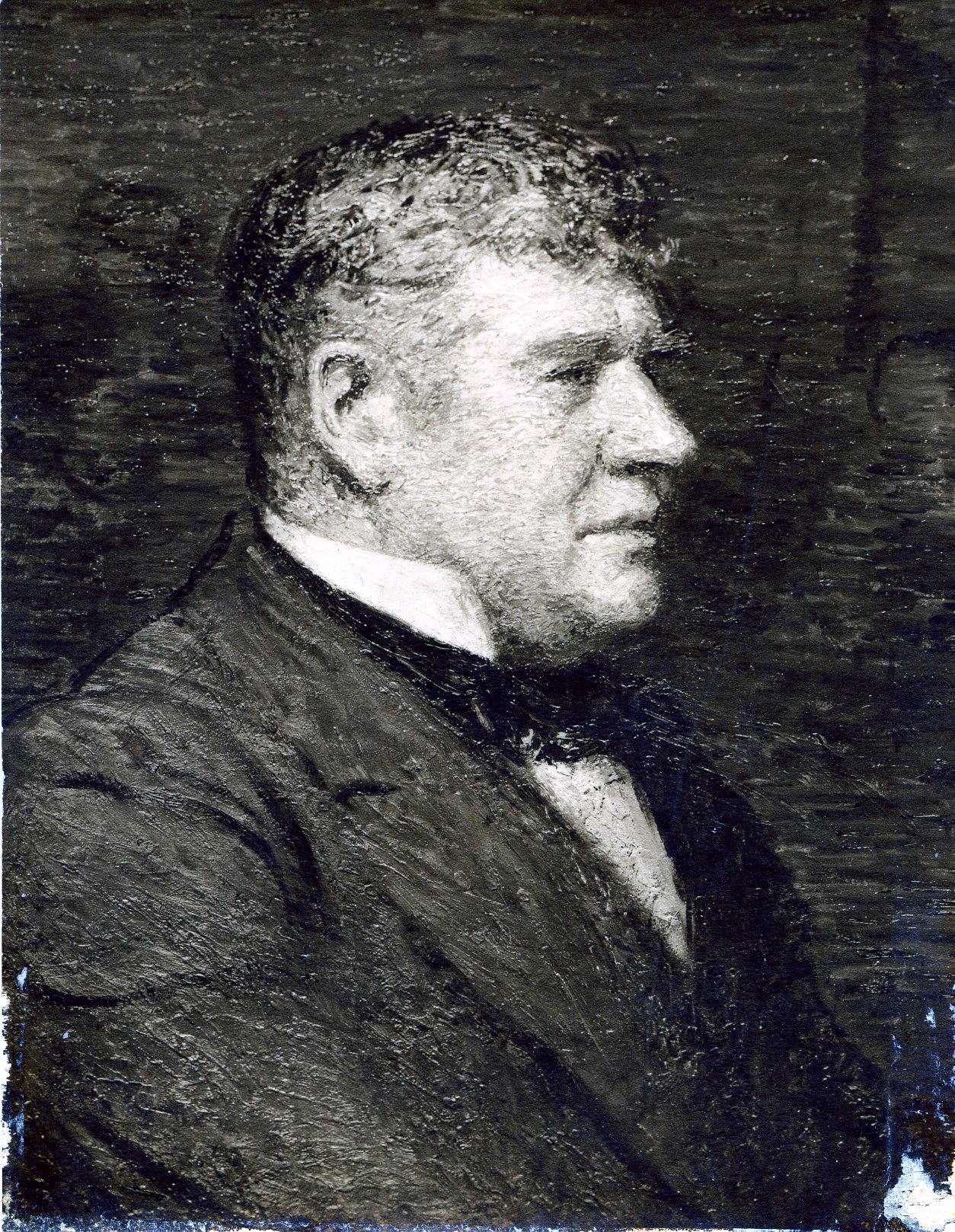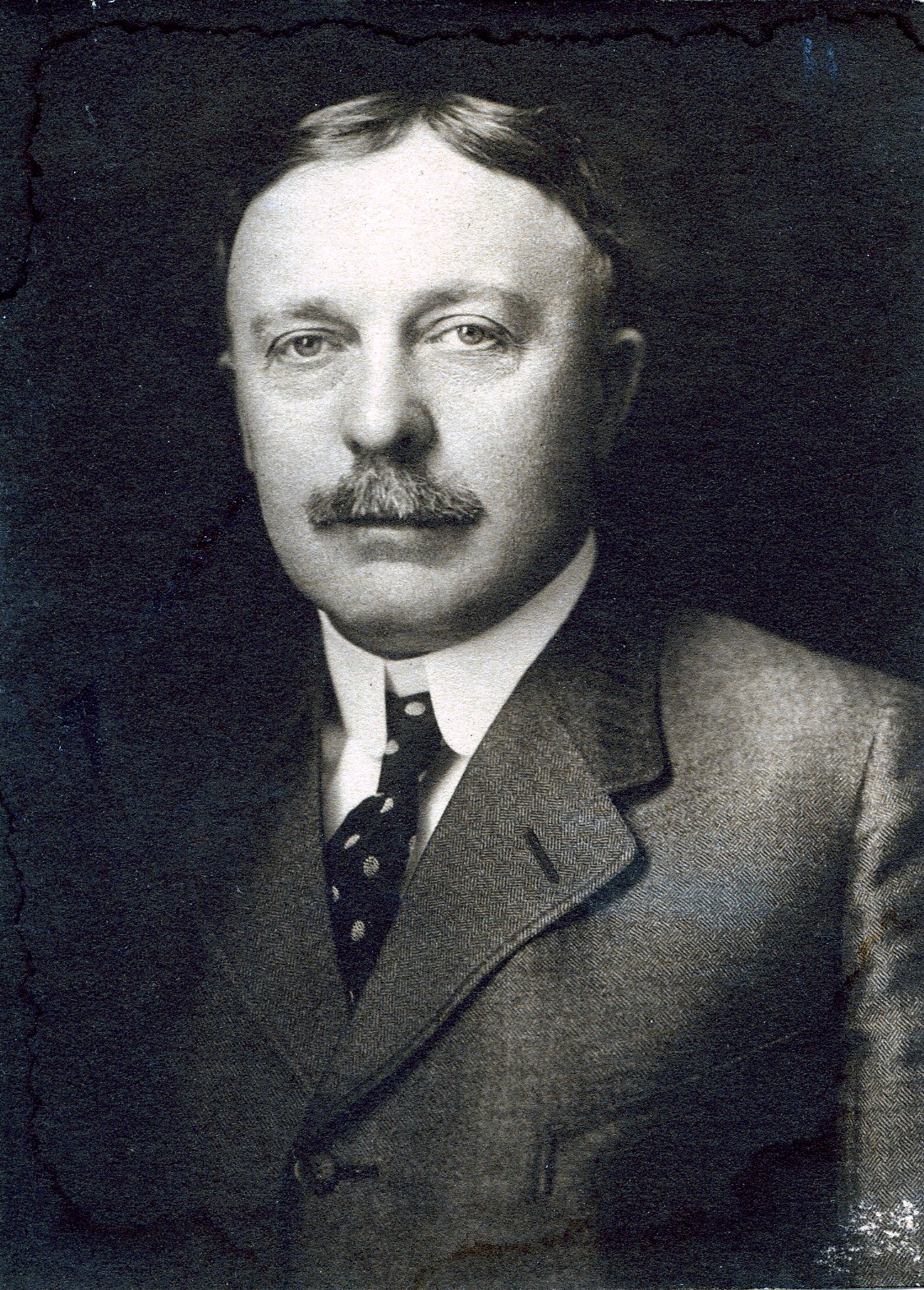Member Directory,
1847 - 1922
Albert G. Robinson
Author/Journalist/Treasurer, U.S. Industrial Alcohol Company
Centurion, 1920–1932
Ellwood Hendrick and Logan G. McPherson
Winchester, Massachusetts
New York (Manhattan), New York
Age sixty-five
Winchester, Massachusetts

Century Memorial
When we look back from the perspective of the great European conflict at our own Spanish War of 1898, the reminiscent picture is one of mimic warfare. No doubt the navy gave us genuine foreshadowing of the modern ocean battle; but on shore, the fat commanding general driving to the front with horse and buggy, the Rough Riders fighting their Battle of San Juan Hill on a hill with quite another name and in quite another place, the rank and file presenting to the American people a round-robin protest against being kept in Cuba after the enemy had been beaten—in all these incidents, it is impossible nowadays to miss a touch of Gilbert and Sullivan. The newspaper correspondents rose to the occasion. For the most part they were popular short-story writers of the school of the later Nineties. They encamped at General Headquarters, whence they telegraphed home more or less imaginative pictures of the military personnel. One of them described the wounded soldiers on the battle-field uniting, on the approach of darkness, in lusty singing of the Star Spangled Banner—a musical program whose high notes are not supposed to be attainable by the average citizen, even in the best of physical condition.
Some, but not many, of the journalists at the front took their responsibilities more seriously. Albert Gardner Robinson, who wrote for the Evening Post, recalls to mind in one respect the oddities of the period, for he was drafted from unromantic commercial duties to serve as a censor of campaigns. But at least his dispatches did not imitate the melodramatic language or the story of the writer’s personal feelings and exploits which garnished the telegrams sent by some of his colleagues. He developed also unexpected capacity for discovering the actual character both of Spaniards and Cubans; perhaps he contributed towards enlightening his readers as to what it was all about. When the Cuban fight was over, he did similar service at the Philippines and in the Transvaal War of 1900; in which later episode, indeed, he had the hardihood to cross the firing-line in order to learn by personal observation, in the Boers’ own camp, what the militant Boer was like.
Alexander Dana Noyes
1933 Century Association Yearbook


